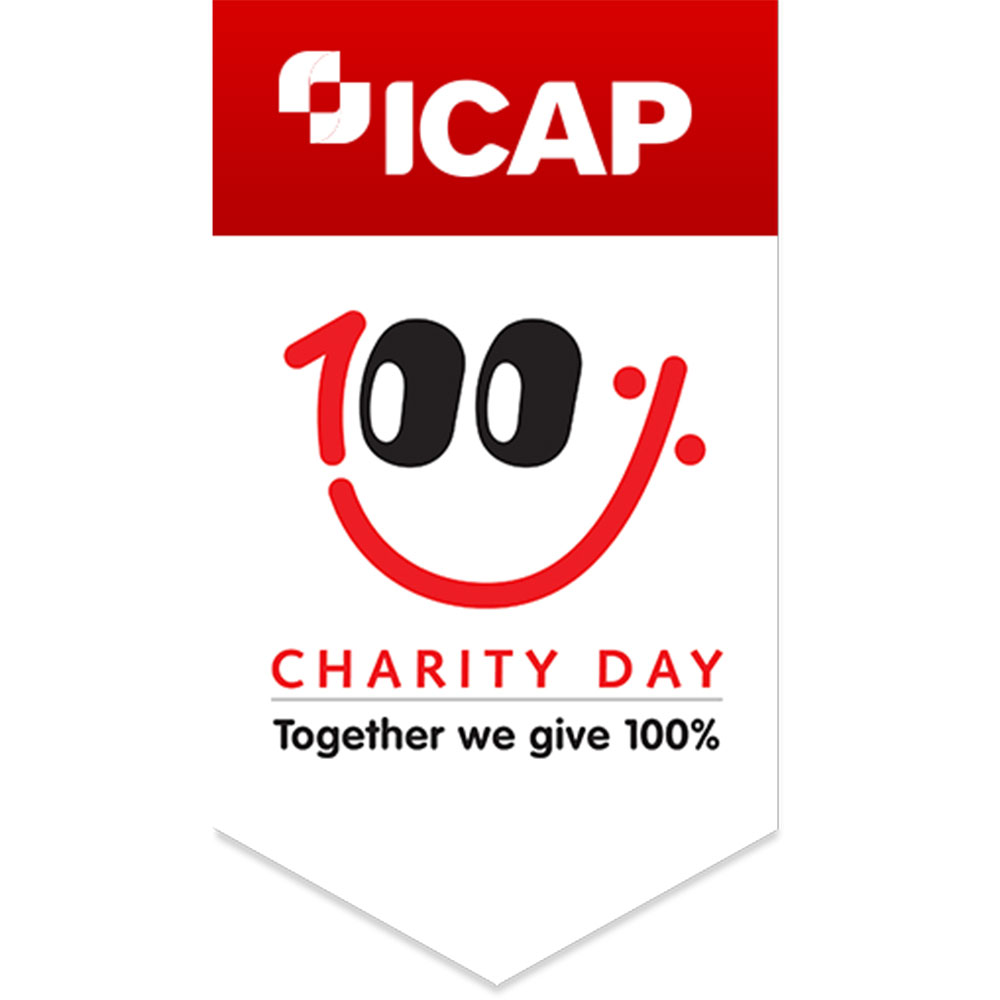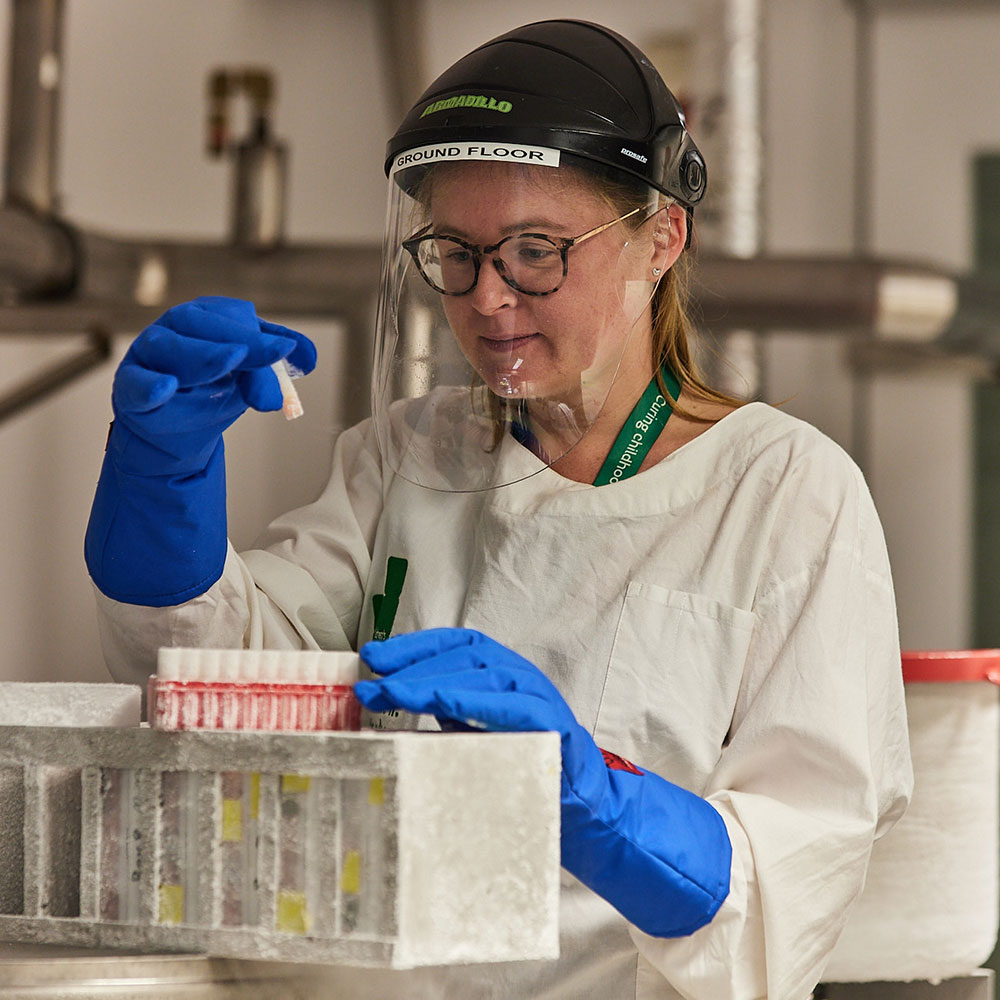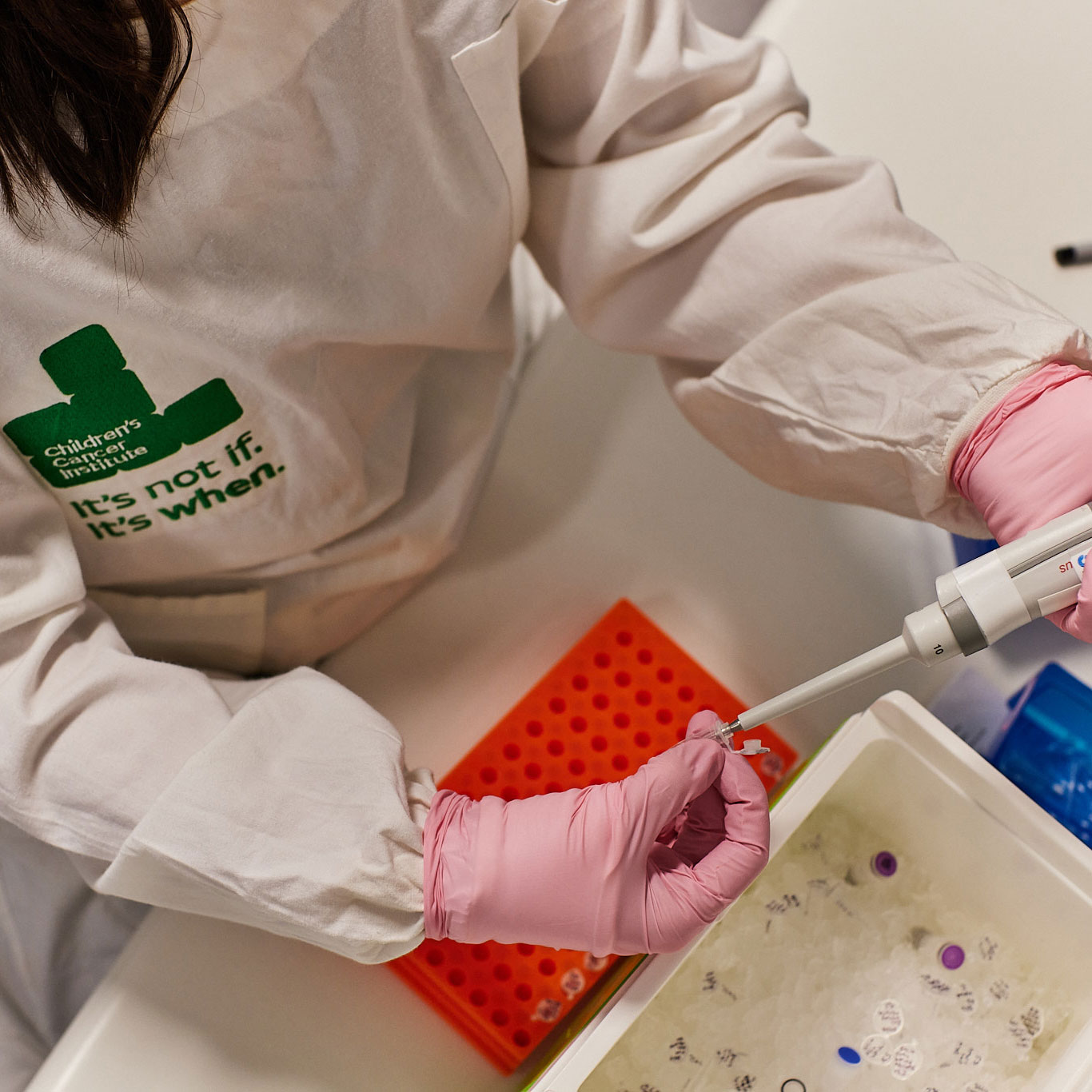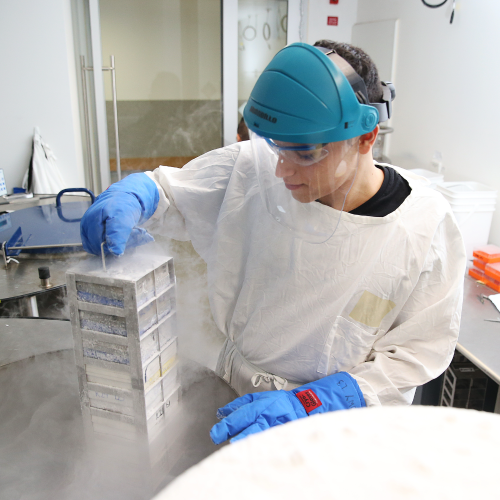Exciting news, and it couldn’t come at a better time – Sarcoma Awareness Month! We have just been awarded new community-generated funding which will allow us to really ramp up our sarcoma research. Read on to find out what it is, and what it means for kids with sarcoma.
Sarcoma today – where we are at
First off, let’s set the scene. Sarcomas are tumours of the bones, cartilage and other connective tissues that disproportionally affect the young − children, adolescents and young adults. These cancers tend to grow aggressively, meaning that treatment needs to be intensive, often leading to unwanted side-effects. What is badly needed are new, tumour-specific treatments that are not only effective but also cause less harm.
The first step to developing such treatments is to identify ‘targets’ they can be directed against – key molecules and processes responsible for driving the aggressive growth of the cancer. Unfortunately, pinpointing such targets has proven to be extremely challenging in sarcoma. Widely used techniques for investigating the role of genes (such as whole genome sequencing) have so far led to the discovery of very few targets in sarcoma. It seems that we need other types of research to provide the missing pieces of the puzzle.
Where we are heading
In 2019, we established a new sarcoma research program and recruited researcher Dr Emmy Fleuren from the UK to lead it. Emmy believes that a branch of research known as phosphoproteomics may hold the key to developing better treatments for children with sarcoma.
What’s phosphoproteomics? Firstly, it helps to know that proteomics is the study of all the proteins in a cell. Phosphoproteomics is one area of proteomics, which focuses on a particular group of proteins called phosphorylated proteins. These are proteins that have been through a process (involving the transfer of phosphate molecules) which serves to ‘activate’ them, preparing them to perform special tasks in the cell which affect the cell’s growth. Cancer cells use phosphorylation to activate certain proteins, so the cells can grow faster.
Emmy and her team are using phosphoproteomics to identify new therapeutic targets (phosphorylated proteins) in sarcoma cells. We know from experience that, once we have accurately identified a target, we have a good chance of finding a drug capable of blocking its action. And because these drugs (called ‘small molecule inhibitors’) are directed against specific targets in cancer cells, not healthy cells, they are not only more effective but also safer to use. And that’s exactly what’s needed for kids with sarcoma.
So…what’s the new funding?
The new funding awarded to support Emmy’s research has come about as a result of a special friendship between Nova radio host, Michael ‘Wippa’ Wipfli, and teenager Cooper Rice-Brading, who developed sarcoma as a 17-year-old and later died from the disease.
When Wippa was recently invited to take part in the upcoming TV series, Celebrity Apprentice Australia, he decided to make the Cooper Rice-Brading Foundation (CRBF) his charity of choice. The result: the Wipfli Family Sarcoma Research Grant. Generously doubled by The Kids’ Cancer Project, this will provide just over $373,000 over the next three years to support Emmy’s sarcoma research at Children’s Cancer Institute.

What the grant will allow us to do
The new grant will allow Emmy and her team to study the phosphoproteomics of sarcoma in children taking part in the next phase of our Zero Childhood Cancer (ZERO) personalised medicine program, which we run in partnership with Kids Cancer Centre at Sydney Children’s Hospital.
From 2017-2020, ZERO focused on children with ‘high-risk’ cancer – those with a less than 30% chance of survival. From 2021, the Program is being expanded, and by the end of 2023 will include all children with cancer in Australia, regardless of their risk level or stage of disease. This presents a unique opportunity for Emmy to study phosphoproteomics in a wide range of sarcomas at different stages of development, leading to a much-improved understanding of the disease.
‘I’m very excited to be able to do this research, and so grateful to the Cooper Rice-Brading Foundation and The Kids’ Cancer Project for their wonderful support,’ says Emmy. ‘It’s particularly exciting to be able to do this work in the context of the Zero Childhood Cancer Program, where we have an incredible opportunity to change the lives of children currently receiving treatment, as well as the lives of others in the future.’
‘The first phase of the ZERO trial achieved wonderful results. However, no treatment recommendation could be made for 29% of patients with sarcoma. Through phosphoproteomics, I hope to build a more complete understanding of what is driving their cancer and how it can be targeted. This will allow us to make more recommendations and help more children.’
The new research will build on Emmy’s earlier work − in which she studied tyrosine kinase signalling networks in sarcoma, successfully identifying new targets for therapy – expanding to include other phosphorylated proteins as well as more subtypes of sarcoma.
With these funds specifically, she will also be looking to improve our understanding of how the phosphoproteomics of a patient’s sarcoma changes during the course of the disease, by studying cells from their tumours before, during and after treatment. This will help answer critical clinical questions, such as whether patients who are newly diagnosed need different targeted therapies than those with advanced or relapsed sarcoma, and whether some children can be spared intensive treatment earlier in the disease, thereby reducing side effects.














